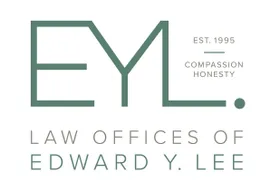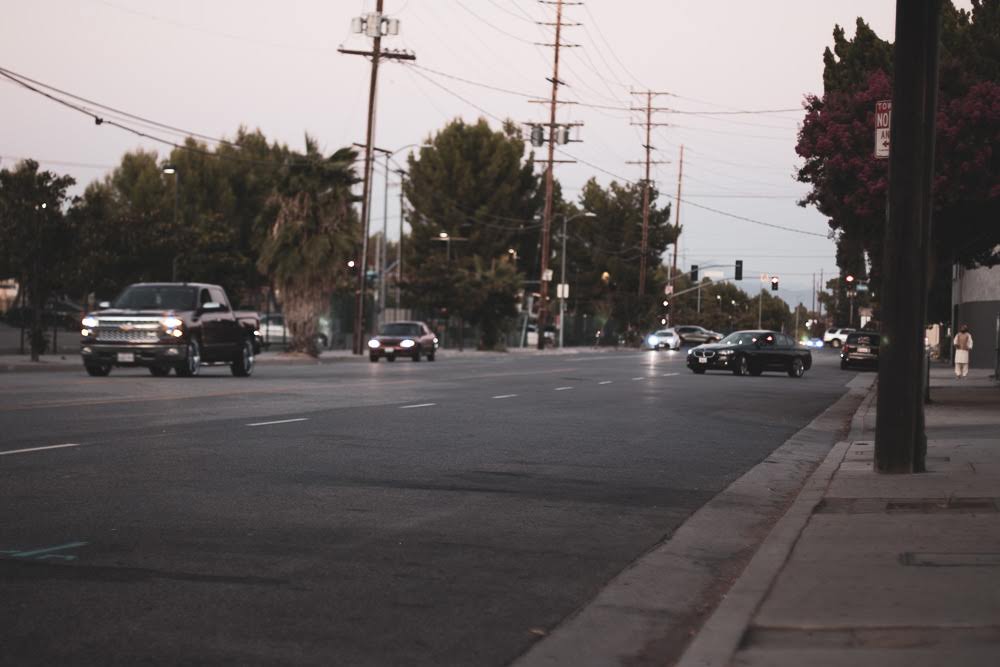The Vehicle Exception To A Warrant

Under the Fourth Amendment of the United States, individuals have a right to be secure against unreasonable searches and seizures. U.S. Const. amend. IV. Additionally, the Fourth Amendment requires that a warrant be upon probable cause supported with “an oath or affirmation” that describes the place, person, and things to be searched with particularity. Id. However, certain exceptions regarding the Fourth Amendment allow an officer to bypass the warrant requirement as a car accident lawyer can share. One of those exceptions is the vehicle exception, which states that no warrant is required to break the seal of a vehicle if there is probable cause to search for an item or to arrest the occupant. See generally Carroll v. United States, 267 U.S. 132 (1925).
There are several rationales as to why the vehicle exception to the Fourth Amendment is prudent. First, a vehicle is readily mobile out of a jurisdiction. Secondly, there is a lower expectation of privacy when an individual is in a vehicle because much of the vehicle is exposed to the public. The exception encompasses more than just an automobile, such as a boat, plane, and other “vehicle-like” machinery. Factors that would consider something a “vehicle” include the location of the effect, its mobility, licensing, connection to utilities, and access to public roads. These factors are essential when there is a question if a “vehicle” operates as a vehicle or if its purpose is a “home” or “office.” See generally Cal. V. Carney, 471 U.S. 386 (1985). Thus, if a vehicle can be “readily mobile by the turn of an ignition key” and there is a “reduced expectation of privacy,” the vehicle expectation will likely apply. Id. at 392–393.
Another important question regarding the vehicle expectation to a warrant regards what areas an officer may search. If police have probable cause to believe that contraband or evidence is contained in the vehicle, they may search the vehicle and its containers without a warrant. Cal. v. Acevedo, 500 U.S. 565, 580 (1991). The probable cause obtained by the officers is sufficient not only to break the seal of the car but also to grab the item in question and open it. See generally Id. Additionally, the exception allows for police to search a “closed container” of a passenger from a vehicle belonging to a known “innocent person” if the officer has probable cause to search the car and the containers have a possibility of containing the object of the search. See generally Wyoming v. Houghton, 526 U.S. 295 (1999).
The purpose of the vehicle expectation is to allow officers to search a vehicle without a warrant to anticipate evidence destruction and the use of weapons. Police officers need probable cause that areas of the vehicle would contain the item of the search. Police would be allowed to search a container of a passenger from the vehicle of an “innocent driver” without a warrant if there is probable cause that the object of the search is within the vehicle. Ultimately, the exception grants officers the ability to conduct searches based on probable cause without a warrant, straying away from the actual language of the Fourth Amendment. If you have further questions about this topic, contact a lawyer near you for more information.
Thanks to Eglet Adams for their insight on the vehicle exception to a warrant.
Note: The information provided in this blog post about injury car accidents in Los Angeles is for general informational purposes only and should not be considered legal advice.
Disclaimer: No attorney-client relationship is established by accessing or using this information. Readers should consult with a qualified attorney for advice specific to their situation. The authors make no representations regarding the accuracy or suitability of the information provided and disclaim any liability for reliance on it. Laws and regulations may vary and are subject to change.



